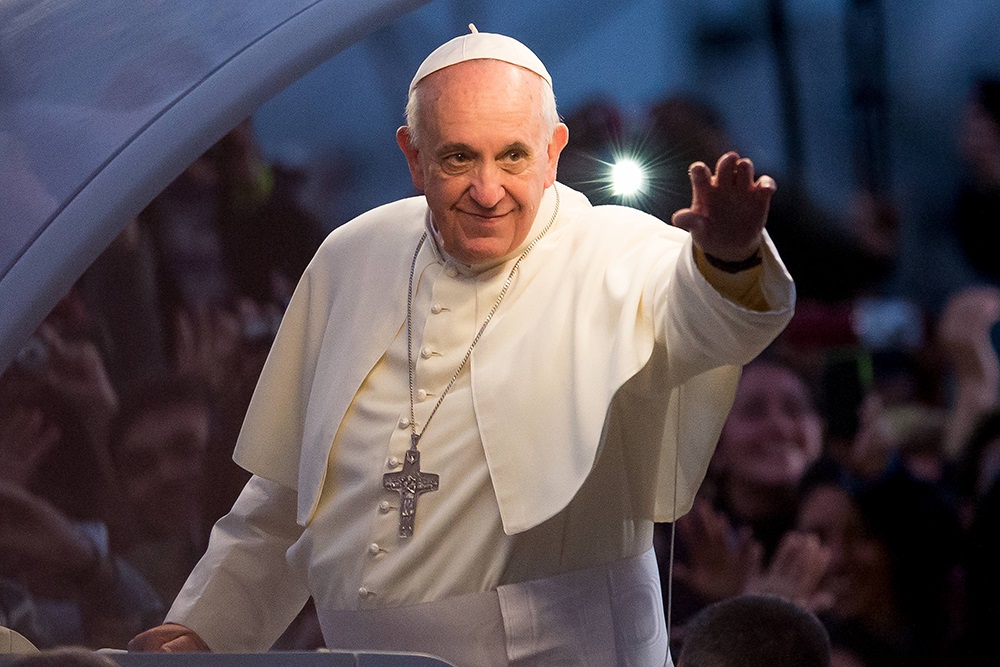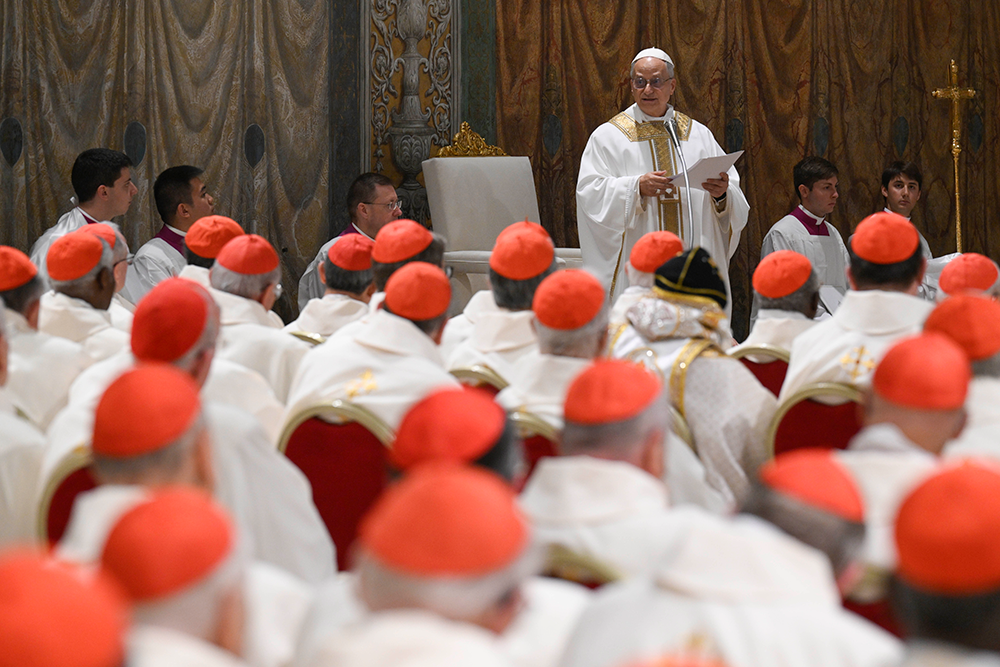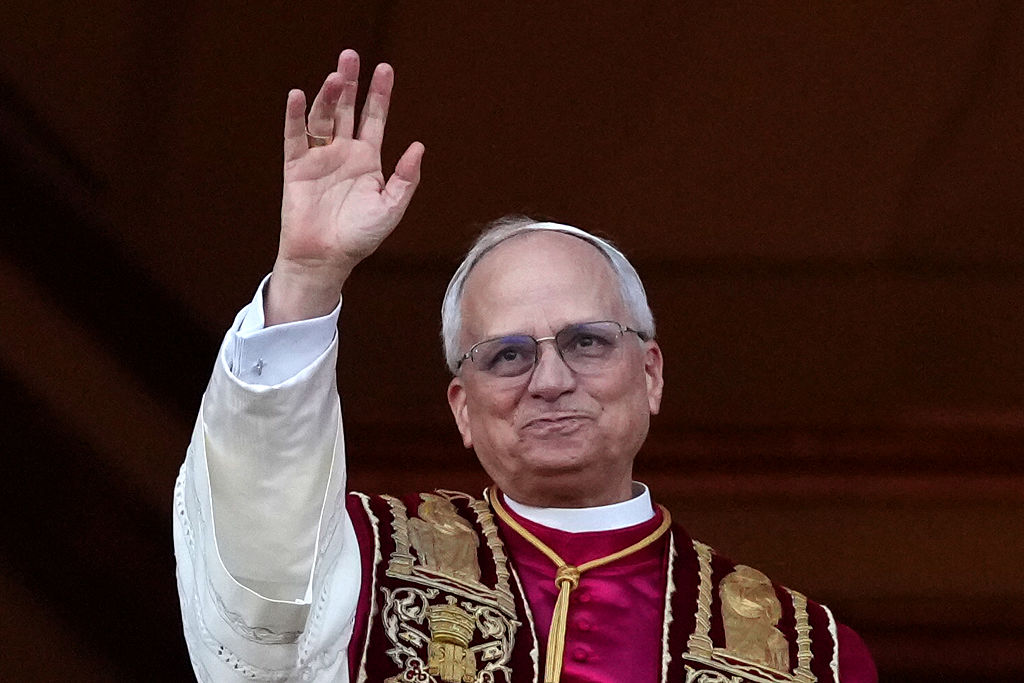When the New Atheism thing was new, I wrote a piece saying that the people who supported it were pretentious and cowardly. They pretended to know what religion is, and said that it caused great harm. I said this was “intellectual cowardice.” The intellectual coward is one who chooses simplicity over complexity and difficulty.
One aspect of their cowardice related to Islam. Their popularity was a result of 9/11, and the widespread fear of religious extremism that ensued, but they didn’t dare focus on Islamic extremism; they wanted to say that religion in general was to blame, that mild-mannered liberal Christians were implicated in violence.
Now Richard Dawkins is trying to sound more nuanced about Christianity. A recent radio interview with LBC is the latest example. But until full repentance occurs, I will continue to associate the man with intellectual cowardice.
Dawkins now says that he is not, of course, a believing Christian, but a cultural one. He’s glad that the old faith is still around. “I sort of feel at home in the Christian ethos.” He notes that Christian belief is declining in Britain, “and I’m happy with that. But I would not be happy if we lost all our cathedrals and our beautiful parish churches. So I count myself a cultural Christian.” Unlike Islam, Dawkins says, Christianity is “a fundamentally decent religion.”
“I don’t despise religious people, I despise what they stand for,” Dawkins said at the “Reason Rally” in 2012. “Mock them! Ridicule them! In public!” Does Dawkins still despise what religious people stand for? I wonder what it feels like to realize you’ve been peddling muddle for decades, and that you don’t know what you think. Dawkins ought to say: “Sorry, I was intensely conceited to have held forth on this subject, which I now realize is rather complex. I promise to stick to biology from now on.”
The distinction between a believing Christian and a cultural Christian is dubious, because religion is culture. Belief is not, or not just, an invisible thing in one’s head — it takes the form of culture. A lot of people are not sure if they believe, or are not sure how to articulate their half-belief, but sometimes take part in Christian worship — even if it’s just singing the occasional carol, as Dawkins himself enjoys doing. Dawkins wants to categorize such people as merely cultural Christians, like him, not believing ones. But there is no clear distinction.
In Dawkins’ view, it is harmless and even healthy to participate in Christian culture a little bit, for there is a “beauty” and “decency” to it, but it is deeply mistaken to cross the line into “belief.” But there wouldn’t be any Christian culture if there weren’t plenty of committed believers, and there is no clear line between mild participation and tentative belief. In practice, someone who values Christian culture, and sometimes dips a toe in, and is more nuanced and honest than Dawkins, often admits to believing a bit too. I’m sorry if it confuses the sciencey mind, but religious belief just isn’t black and white.
This article was originally published on The Spectator’s UK website.


























Leave a Reply